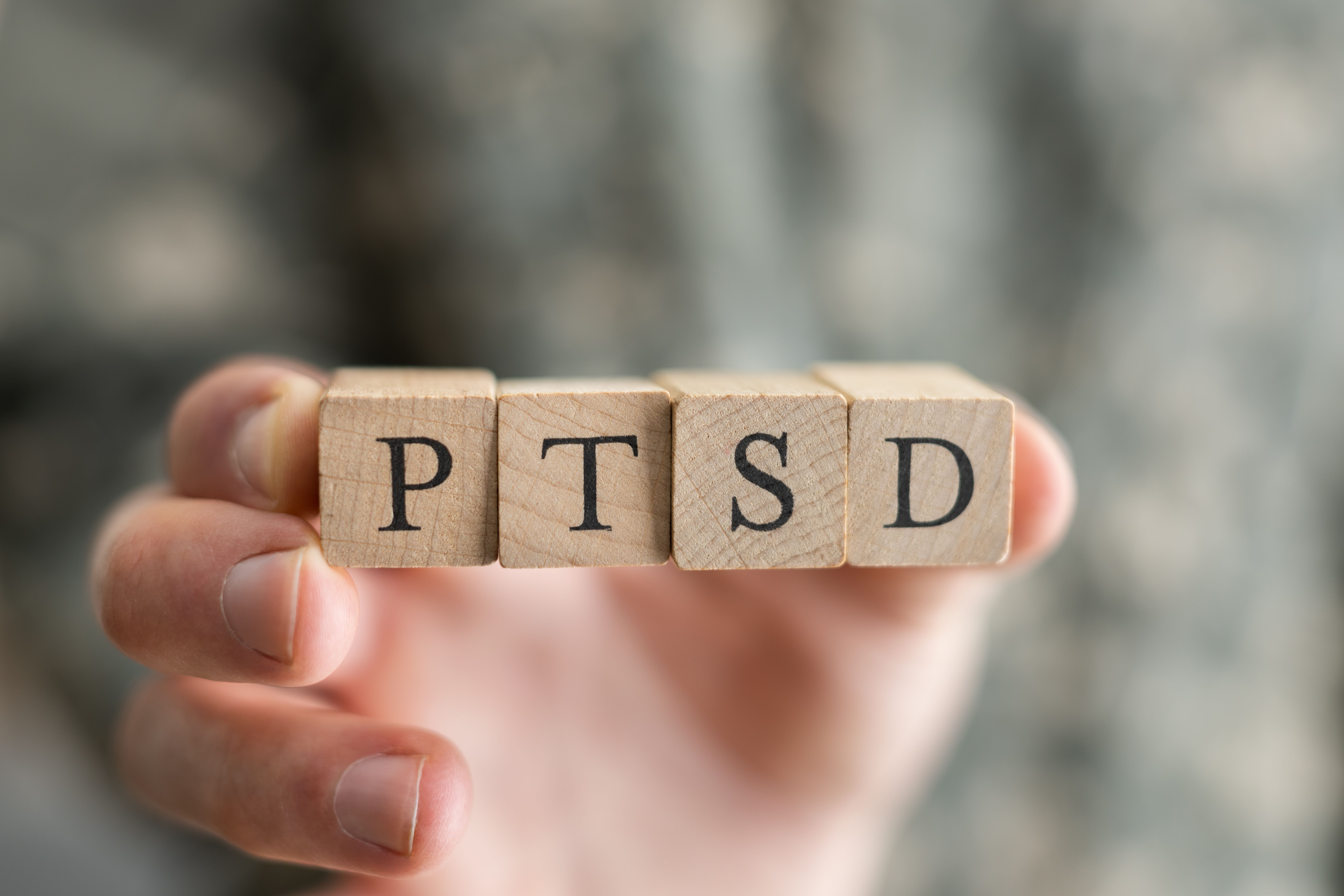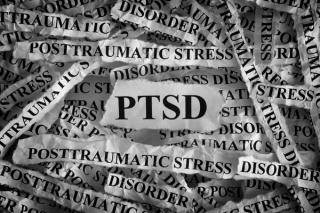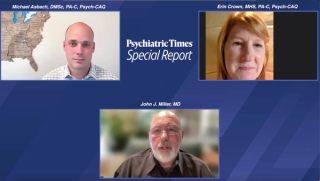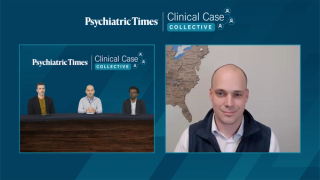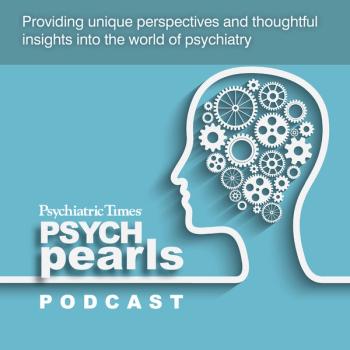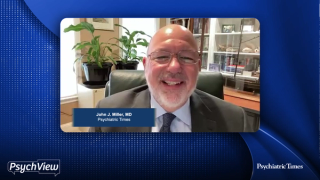
PTSD
Latest News
Video Series
Latest Videos
Shorts
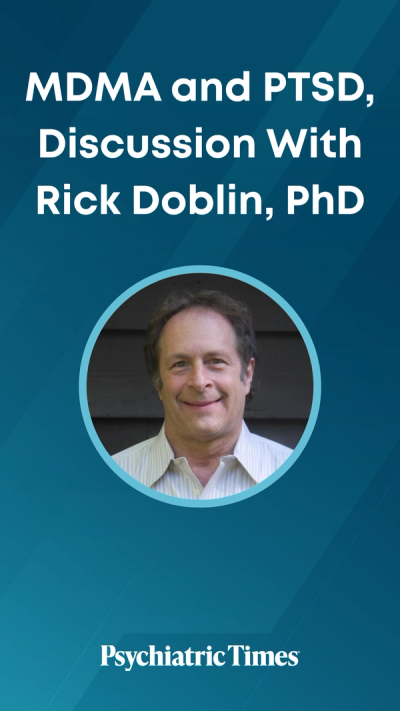
Podcasts
CME Content
More News

Women veterans face unique challenges and mental health disparities, highlighting the urgent need for gender-sensitive care and support systems.

New research reveals hyperbaric oxygen therapy as a promising treatment for chronic PTSD, enhancing brain function and providing lasting symptom relief.
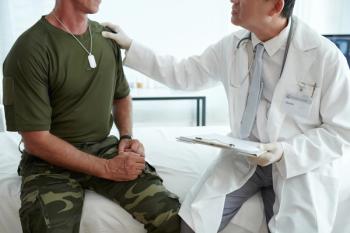
This Veterans Day, explore the lasting impact of trauma on veterans and the importance of addressing PTSD in our communities.

Younger veterans face significantly higher PTSD rates due to social challenges.

More than 20 years later, what have we learned about PTSD, resiliency, and trauma?


Hurricane Katrina's legacy highlights the urgent need for trauma-informed mental health care in disaster recovery, addressing PTSD and long-term emotional impacts.

Stay informed on PTSD treatment insights, including complex PTSD recognition, diagnostic nuances, and the link between migraines and trauma.

The FDA advisory committee votes against brexpiprazole plus sertraline for PTSD, citing insufficient efficacy despite some positive trial results.

FDA reviewers raise concerns over Rexulti's efficacy for PTSD, highlighting discordant study results ahead of the advisory committee meeting.
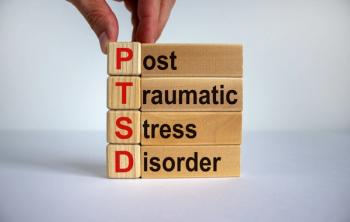
The FDA advisory committee will review brexpiprazole for PTSD treatment, which could offer new hope after years without new options.

A psychiatrist reflects on the recent flooding tragedy in Texas.

Transcend Therapeutic announces breakthrough therapy designation for TSND-201 for treating PTSD.

Researchers analyze single-cell communication in brains of people with PTSD, uncovering genetic variations that could lead to new treatments for this complex disorder.

Augmented reality can transform psychiatric treatment, enhancing exposure therapy for trauma and anxiety by simulating real-world environments and interactions.

Effective diagnosis and treatment of comorbid disorders in patients with bipolar enhance care and lead to more optimal mental health outcomes.

Check out the pipeline updates from April!
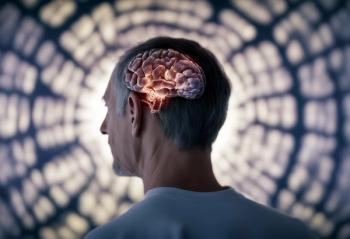
Transneural Therapeutics launches innovative neuroplastogens to revolutionize treatment for neuropsychiatric diseases, promising safer, effective alternatives to psychedelics.

Although diagnostic criteria for a depressive episode are the same for unipolar major depression and bipolar depression, these episodes differ in their natural history.

How do psychiatrists and mental health professionals respond when faced with disaster? One psychiatrist shares his story.

Learn more about how to appropriately diagnose and categorize a spectrum of posttraumatic stress responses in children and adolescents.

What are the top 6 disappointing psychopharmacological updates from the past year? We rank the top 6.
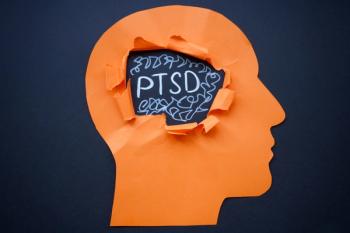
Check out these 7 insights and perspectives on recognizing and treating PTSD.
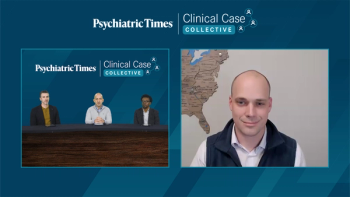
A panelist discusses how clinicians implement posttraumatic stress disorder (PTSD) treatments through a carefully structured approach that begins with establishing safety and stabilization, progresses through trauma processing using evidence-based interventions, and concludes with integration and relapse prevention strategies, all while maintaining therapeutic alliance and adjusting treatment intensity based on patient response.

A panelist discusses how treatment options for posttraumatic stress disorder (PTSD) encompass a wide range of evidence-based approaches, including trauma-focused cognitive behavioral therapy, medication management, exposure therapy, and complementary interventions such as mindfulness and group support, which can be tailored to meet individual patient needs and circumstances.



